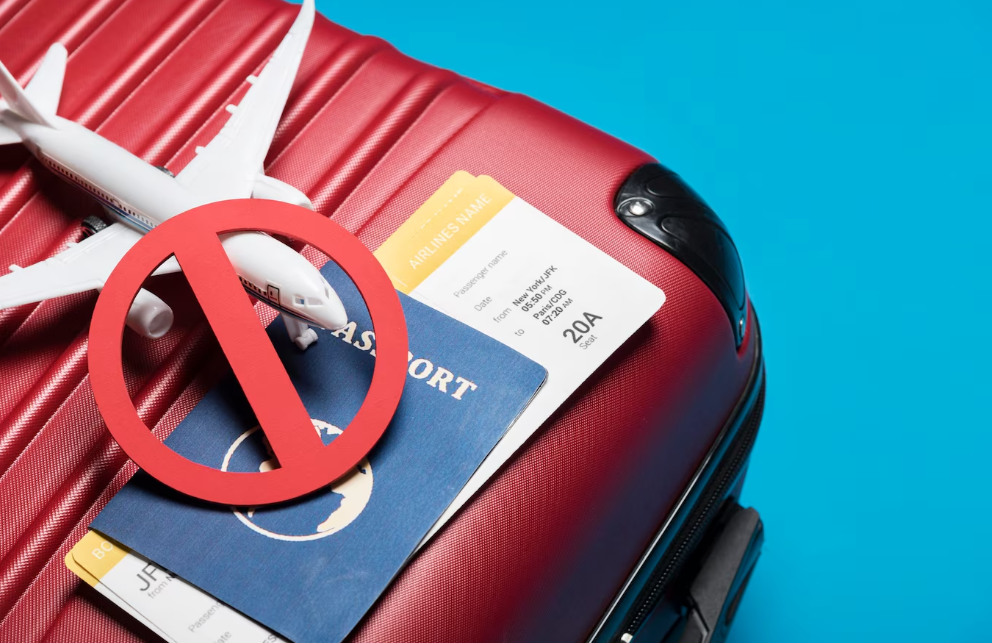Diplomatic tensions rise over Washington’s migrant policy shift
Nigeria’s Ministry of Foreign Affairs has firmly rejected a U.S. proposal to accept Venezuelan deportees with alleged Nigerian heritage, sparking a new wave of diplomatic tension between the two countries. Foreign Minister Yusuf Tuggar announced that Nigeria would not serve as a “dumping ground” for undocumented migrants who do not have verifiable Nigerian nationality, citing both internal security concerns and sovereignty rights.
In response, the United States government has imposed new visa restrictions on Nigerian nationals, limiting B1/B2 (business and tourist) visas to three-month, single-entry permits, down from the previous two-year, multiple-entry standard.
The Background: U.S. Migrant Policy Sparks Global Controversy
The dispute stems from the Biden administration’s intensified deportation policy, which aims to return tens of thousands of Venezuelan migrants who entered the U.S. without legal status. In the process, U.S. immigration authorities have reportedly attempted to link some individuals to Nigeria, based on unverified claims of dual heritage, transit points, or forged documents.
Minister Tuggar made it clear during a press briefing in Abuja that Nigeria had not entered into any bilateral agreement to receive such deportees.
“Nigeria is not, and will never be, a destination for deportees from other nations under such vague and unjustified arrangements,” Tuggar emphasized. “Our national identity is not a tool for administrative convenience.”
U.S. Visa Clampdown: A Diplomatic Response
The U.S. Department of State cited Nigeria’s “non-cooperation” on deportations as the reason for the newly enforced visa sanctions, effective July 2025. These restrictions will affect:
-
Nigerian business travelers
-
Tourists and families visiting the U.S.
-
Potential students or professionals applying through general visitor routes
The U.S. Embassy in Abuja confirmed that no waivers will be granted under the new policy, although it may be reviewed depending on Nigeria’s “willingness to facilitate international migration protocols.”
Sovereignty vs. Pressure: Nigeria’s Firm Stance
Nigeria’s decision aligns with a broader trend of African nations asserting sovereignty in response to controversial migration expectations from Western powers. Analysts say Nigeria’s stance reflects legitimate concerns over:
-
National security risks tied to accepting undocumented migrants
-
Strained infrastructure and social services already under pressure
-
Precedent-setting danger, which could invite similar deportation requests from other countries
“We must defend our sovereignty while promoting humane migration. Nigeria cannot solve problems it did not create,” said Dr. Obiageli Nwosu, a geopolitical analyst based in Lagos.
Economic and Political Implications
The fallout could affect Nigeria-U.S. trade, bilateral cooperation programs, and educational exchange initiatives. With over 380,000 Nigerian immigrants living in the United States, visa restrictions may disrupt families, students, and business ties.
However, some believe the move may push Nigeria to diversify diplomatic relationships with countries such as Brazil, China, and the EU, especially on trade and education.
“This is a wake-up call for Nigeria to reduce its dependency on any one partner,” noted Ambassador Abdulrahman Dauda, a former envoy to Washington.
Conclusion: Diplomatic Tensions with Wider Implications
Nigeria’s rejection of the U.S. deportee proposal reflects not just a defense of national sovereignty, but a growing assertiveness in foreign policy posture. While the visa restrictions are likely to inconvenience thousands of Nigerians, many see the government’s position as a necessary stand against external pressure and potential exploitation.
As diplomatic discussions continue behind closed doors, the situation underscores the delicate balance between international cooperation and national dignity in the evolving global order.
Published on Xamblog.com – Your source for trusted reporting on Nigeria’s global relations and policy decisions.
Last Updated on July 12, 2025 by kingstar





